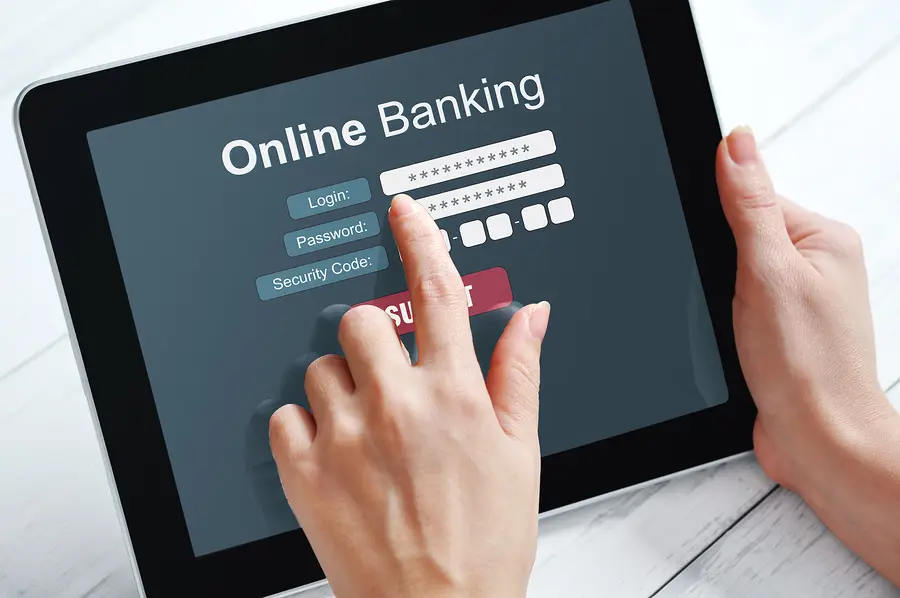
Empowering Finance at Your Fingertips: The Evolution and Impact of Online Banking
Introduction
Online banking has revolutionized the way people manage their finances, offering convenience, security, and accessibility like never before. As technology continues to shape the modern world, the banking industry has embraced digitalization, transforming traditional banking practices. In this article, we explore the evolution of online banking, its advantages and challenges, and its profound impact on individuals, businesses, and the financial sector at large.
The Emergence of Online Banking
1.1. A Brief History
The origins of online banking can be traced back to the 1980s when some of the earliest experiments with online financial services began. However, it was the widespread adoption of the internet in the 1990s that paved the way for the rise of online banking platforms. Initially, basic features like checking account balances and transferring funds were offered, but the capabilities expanded rapidly with advancements in technology.
1.2. Advantages of Online Banking
Online banking offers several advantages over traditional brick-and-mortar banking:
1.2.1. Convenience: Customers can access their accounts 24/7 from anywhere with an internet connection, eliminating the need to visit physical branches.
1.2.2. Accessibility: Online banking allows individuals in remote areas or with mobility challenges to access banking services easily.
1.2.3. Real-Time Transactions: Instant fund transfers and online payments facilitate quicker transactions.
1.2.4. Cost-Efficiency: Online banking reduces overhead costs for banks, enabling them to offer competitive fees and interest rates.
1.2.5. Enhanced Security: Robust encryption and multi-factor authentication provide a secure banking experience for customers.
Evolution of Online Banking Services
2.1. Mobile Banking
With the advent of smartphones and mobile applications, mobile banking took online banking to new heights. Mobile banking apps allow users to manage their finances on the go, make payments, deposit checks, and receive real-time notifications.
2.2. Digital Wallets
Digital wallets, such as Apple Pay, Google Pay, and Samsung Pay, have become increasingly popular for in-store and online purchases. These digital payment platforms securely store credit and debit card information, offering a seamless checkout experience.
2.3. Personal Finance Management (PFM) Tools
PFM tools have empowered users to track expenses, set budgets, and gain valuable insights into their spending habits. These features facilitate financial literacy and promote better money management practices.
2.4. Robo-Advisors
Robo-advisors have democratized investment services by using algorithms to create and manage diversified portfolios based on customers’ risk profiles and financial goals.
The Impact of Online Banking on Individuals
3.1. Convenience and Time Savings
Online banking has saved customers significant time and effort by eliminating the need to visit physical branches for routine transactions. Tasks like bill payments, fund transfers, and account monitoring can now be completed in minutes.
3.2. Financial Literacy
The accessibility of financial information and PFM tools has led to increased financial literacy among users. People can now educate themselves about personal finance, investments, and budgeting with ease.
3.3. Customized Banking Experience
Online banking platforms offer personalized services based on user behavior, leading to tailored product recommendations and improved customer satisfaction.
3.4. Enhanced Security
While security concerns initially hindered the adoption of online banking, advancements in cybersecurity have made it safer than ever before. Encrypted connections and multi-factor authentication have significantly reduced the risk of fraudulent activities.
Online Banking for Businesses
4.1. Streamlined Cash Management
Businesses can manage their cash flow efficiently with online banking features like remote check deposits, electronic fund transfers, and automatic bill payments.
4.2. Simplified Payroll
Online banking enables businesses to process payroll efficiently, making direct deposits and employee reimbursements seamlessly.
4.3. Business Insights
Digital banking platforms provide businesses with real-time financial data and analytics, facilitating data-driven decision-making.
Challenges and Concerns
5.1. Cybersecurity Threats
As online banking continues to evolve, cybercriminals have become more sophisticated in their attacks, posing significant threats to customer data and financial security.
5.2. Digital Divide
While online banking offers numerous advantages, the digital divide persists, with some segments of the population lacking access to technology or digital literacy.
5.3. Privacy Concerns
Customers are often apprehensive about sharing personal and financial data online, raising concerns about data privacy and potential breaches.
Future Prospects and Innovations
6.1. Artificial Intelligence (AI) and Chatbots
AI-powered chatbots are enhancing customer support in online banking, providing quick responses to inquiries and resolving issues efficiently.
6.2. Open Banking
Open banking initiatives are transforming the industry by allowing third-party financial service providers to access customers’ financial data with their consent, fostering innovation and competition.
6.3. Blockchain and Cryptocurrencies
Blockchain technology is disrupting the financial sector, offering secure and transparent transactions. Cryptocurrencies have gained popularity as alternative digital assets.
Conclusion
Online banking has emerged as a transformative force in the financial industry, revolutionizing how individuals and businesses manage their finances. With its numerous advantages, including convenience, accessibility, and enhanced security, online banking has become an indispensable part of modern life. While challenges like cybersecurity and digital divide persist, innovations such as AI, open banking, and blockchain offer promising prospects for the future. As technology continues to advance, online banking will undoubtedly play an increasingly vital role in shaping the finance landscape, empowering individuals and businesses with greater control and flexibility over their financial lives.




